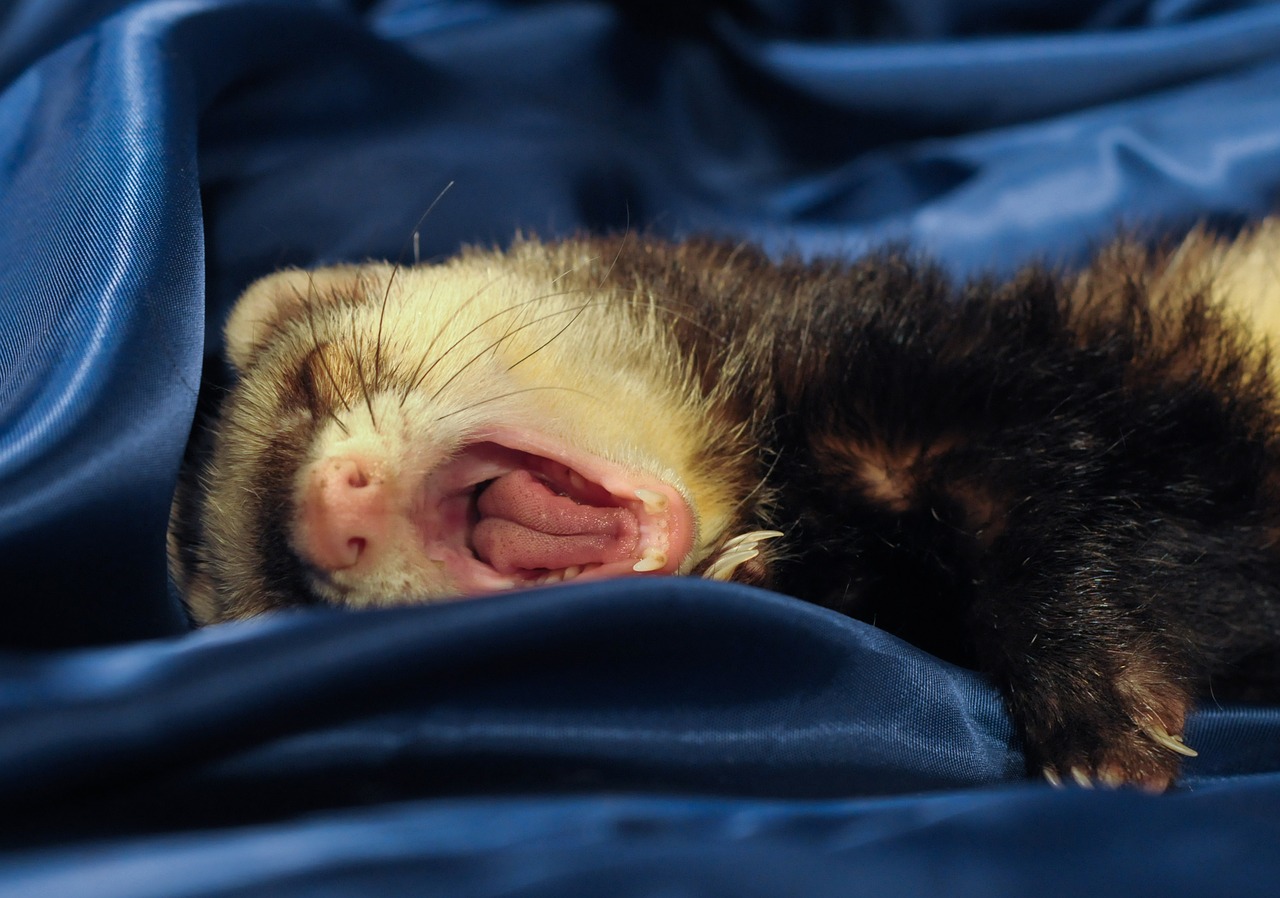
If you’re considering travelling across a European border with animals, be it pets or livestock, here’s everything you need to know.
Pets
Whilst there are certain restrictions whilst travelling with pets around Europe, the rules are quite straight forward. Just make sure you’re prepared in advance and don’t just arrive at check-in with them.

You can bring your dog, cat or ferret (yes, we said ferret) into the UK or the EU on the condition that he/she are equipped with a European pet passport, fully up to date with all relevant vaccinations and they have been declared fit to travel by a vet.
Full details on how to get your pet ready to travel can be found on the UK Government Pet website.
Livestock
Although to some extent the laws regarding importing and exporting animals as livestock are similar to those of pets, they tend to be treated as a collective as opposed to individual animals.
Most importantly, all individuals involved with the shipment of animals have both a legal and moral obligation to maintain welfare. That includes farmers and people transporting the animals. You can find a complete guide to animal welfare regulations on the UK Gov website. Any animals which do not comply with these regulations WILL NOT be allowed to enter/leave the country.
In order to legally ship livestock animals, you must possess a number of licences. Certain animals require special licences. You can find a detailed list in the ‘Importing live animals or animal products from non-EU countries: general licences and authorisations’ guide.
If your animals do not require a specific licence, you must complete an RM01 application and submit it for approval. Once approved, you will be allowed to ship.
There is a specific number of countries where the EU allows animals to be imported from for the purpose of slaughter. You can find the official list on the European Commission website. Alternatively, you can contact the APHA Centre for International Trade to find out if the company you’re importing from is on the EU’s approved list.
All licences and documentation must be originals. Photocopies will not be accepted.
Brexit
In the event of the UK’s withdrawal from the European Union, the government has confirmed that the same animal welfare standards currently in place will remain.
We will update you on any information regarding the import/export of animals nearer to the Brexit Date.
Border Inspection Points
Most consignments of animals and animal products must be checked at a BIP (Border Inspection Point).
In order to determine whether your shipment requires checking, contact the APHA Centre for International Trade for confirmation.
If your shipment requires checking, you must also ensure that the BIP that you intend to use is approved to check your specific shipment. You can find an appropriate BIP for your journey on both the UK’s approved list and the EU’s BIP approved list.
Unfortunately, having your consignment checked at a BIP does involve a fee. You can calculate how much your consignment will cost by referring to the BIP fees table or you can contact the BIP directly for information on the fee you will be charged.
Most importantly, you must inform the Border Inspection Point about your consignment before you import. You will be charged a greater fee and your checks will take far longer if you do not.
To do this you will need to get a Common Veterinary Entry Document (CVED) from your BIP.
- For animals, you must complete part 1 of the CVED and give it to the BIP 24 hours before your consignment is due to arrive.
- For animal products, you must complete part 1 of the CVED and give it to the BIP before the consignment is unloaded.



 United Kingdom
United Kingdom Republic of Ireland
Republic of Ireland Polska
Polska România
România Republica Moldova
Republica Moldova Российская Федерация
Российская Федерация Украина
Украина Республика Беларусь
Республика Беларусь Литва
Литва Латвия
Латвия Эстония
Эстония Deutschland
Deutschland Schweiz
Schweiz Österreich
Österreich Lichtenstein
Lichtenstein Belgien
Belgien Luxemburg
Luxemburg Magyarország
Magyarország Česká republika
Česká republika Slovenská republika.
Slovenská republika. España
España Italia
Italia Bulgaria
Bulgaria









